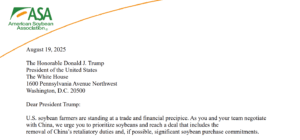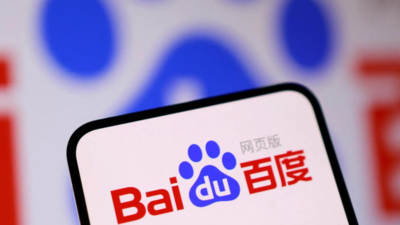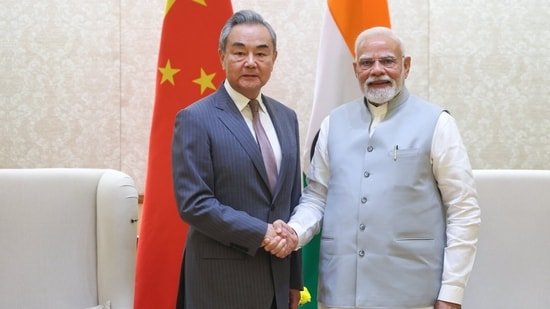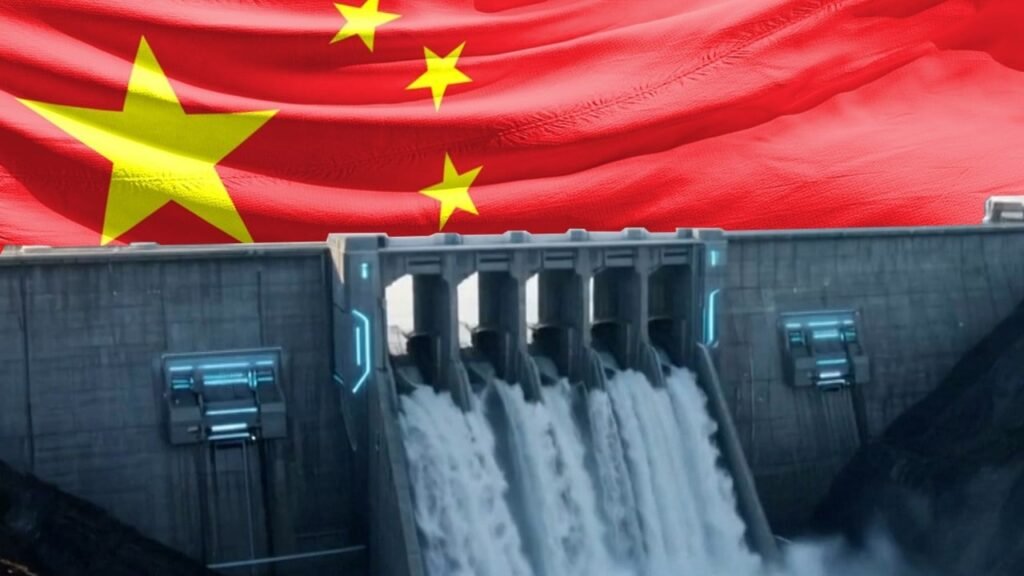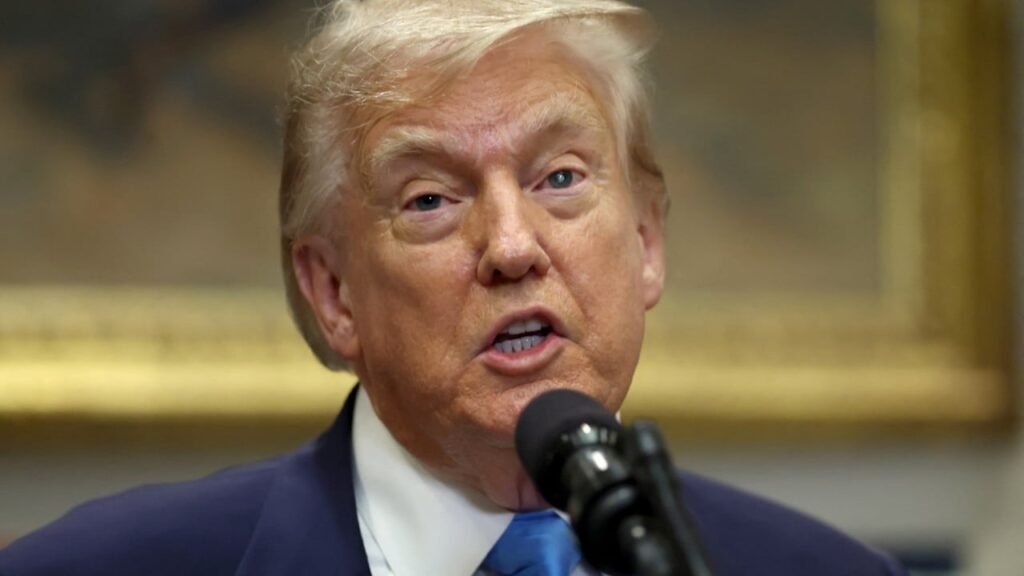S&P Global Ratings has assigned an ‘A-‘ local currency long-term issuer credit and financial strength rating to Liberty Insurance Co. Ltd. (Liberty China), the China-based underwriting entity of Liberty Mutual Group Inc.
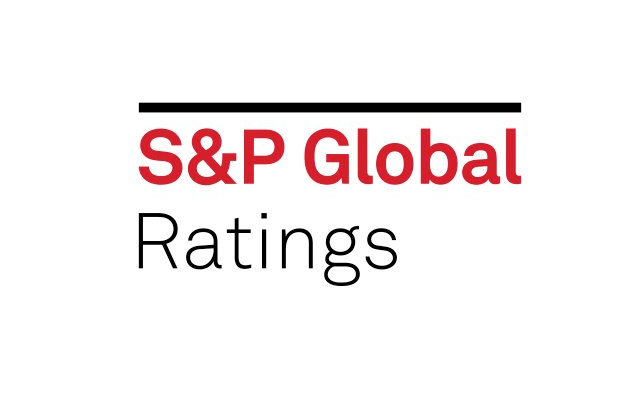 The outlook is stable. S&P said the rating reflects Liberty China’s strategic importance to its US-based parent, underlining the subsidiary’s role in advancing Liberty Mutual’s international expansion, particularly in Asia-Pacific, through the group’s One Liberty initiative, which integrates retail, commercial, and specialty lines.
The outlook is stable. S&P said the rating reflects Liberty China’s strategic importance to its US-based parent, underlining the subsidiary’s role in advancing Liberty Mutual’s international expansion, particularly in Asia-Pacific, through the group’s One Liberty initiative, which integrates retail, commercial, and specialty lines.
According to S&P, Liberty China benefits from its strong brand connection to the group, which supports its expansion ambitions in commercial and specialty segments while it continues efforts to strengthen underwriting performance on a modest capital base.
The agency applies a three-notch uplift from Liberty China’s stand-alone credit profile of ‘bbb-’ to reflect the expectation of extraordinary support from Liberty Mutual.
S&P noted that Liberty Mutual has a track record of capital injections—around 20 since 2007—and maintains an equity commitment agreement of up to US$200 million to ensure Liberty China’s regulatory solvency ratio stays above 150% at all times.
S&P observed that Liberty China remains a modest player in China’s property and casualty insurance market, holding just 0.2% of market share by gross written premiums at the end of 2024, despite being among the top five foreign-owned insurers in the country.
The domestic market remains dominated by local insurers, with foreign-owned participants collectively accounting for less than 3% of share. Nonetheless, S&P expects robust premium growth over 2026–2027, supported by the group’s integration of retail and commercial businesses on a unified platform and the subsidiary’s expansion in retail segments.
The agency noted that Liberty China primarily distributes products via third parties, which, while common among smaller insurers, contributes to higher acquisition costs. Gross written premium declined 12.9% year-on-year in the first half of 2025, largely due to a 52.6% drop in accident and health premiums after the insurer reduced its online distribution presence.
Despite this, Liberty China achieved a marginal underwriting profit in 2024—its first since inception—reducing its net combined ratio to 99.7% from a five-year average of 102.6%. However, S&P cautioned that limited scale and higher fixed overheads will likely keep expense ratios above the industry average.
S&P expects Liberty China to rely on Liberty Mutual’s underwriting expertise, reinsurance support, investment strategy, and risk management to manage potential volatility as it grows its non-motor and commercial/specialty lines.
The agency forecasts combined ratios marginally above 100%, reflecting potential fluctuations from expansion. Capitalisation is expected to remain modest, with a base of about US$100 million as of 2024, leaving the insurer more exposed to large loss events and underwriting swings.
Nevertheless, S&P anticipates the company will preserve a healthy regulatory buffer, supported by retained earnings. As of June 30, 2025, Liberty China’s core solvency ratio was 225.2% and comprehensive solvency ratio was 247.2%, well above regulatory minimums, and it had no outstanding debt.
In S&P’s view, Liberty China maintains a more conservative investment risk appetite than domestic peers, holding over 40% of its invested assets in cash and deposits at the end of 2024.
The agency also expects ongoing enhancements to risk management as the insurer moves into new business areas. The stable outlook reflects S&P’s expectation that Liberty China will retain its strategic importance to Liberty Mutual and sustain a capital position that supports growth over the next two years.
S&P stated that a downgrade could occur if its assessment of likely parental support weakens or if the subsidiary’s capitalisation or operating performance deteriorates materially and persistently, though such scenarios are considered unlikely in the near term.
Conversely, an upgrade would require a substantial increase in the perceived likelihood of group support, potentially leading to Liberty China being classified as a core subsidiary, an outcome S&P sees as unlikely over the next two years.



